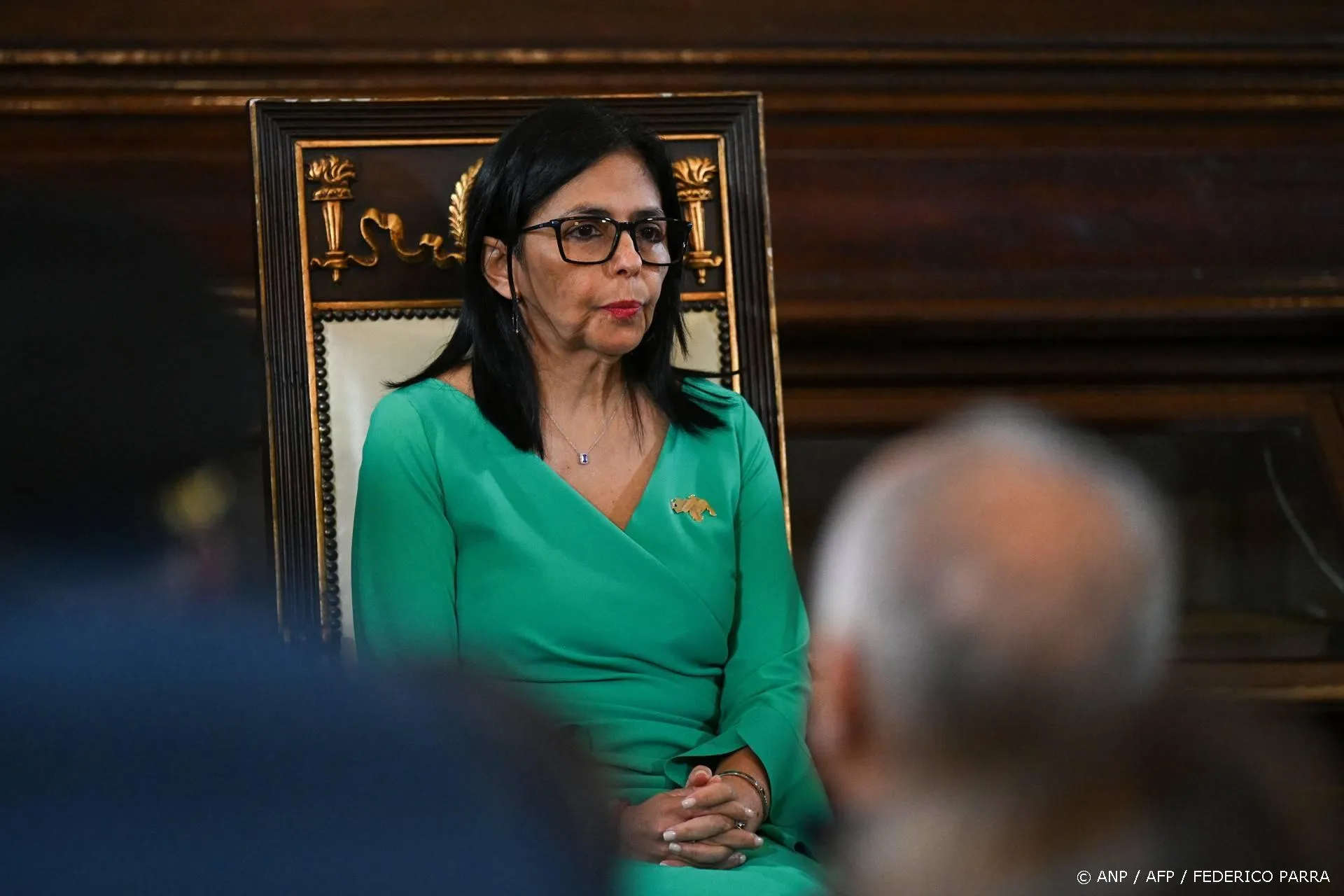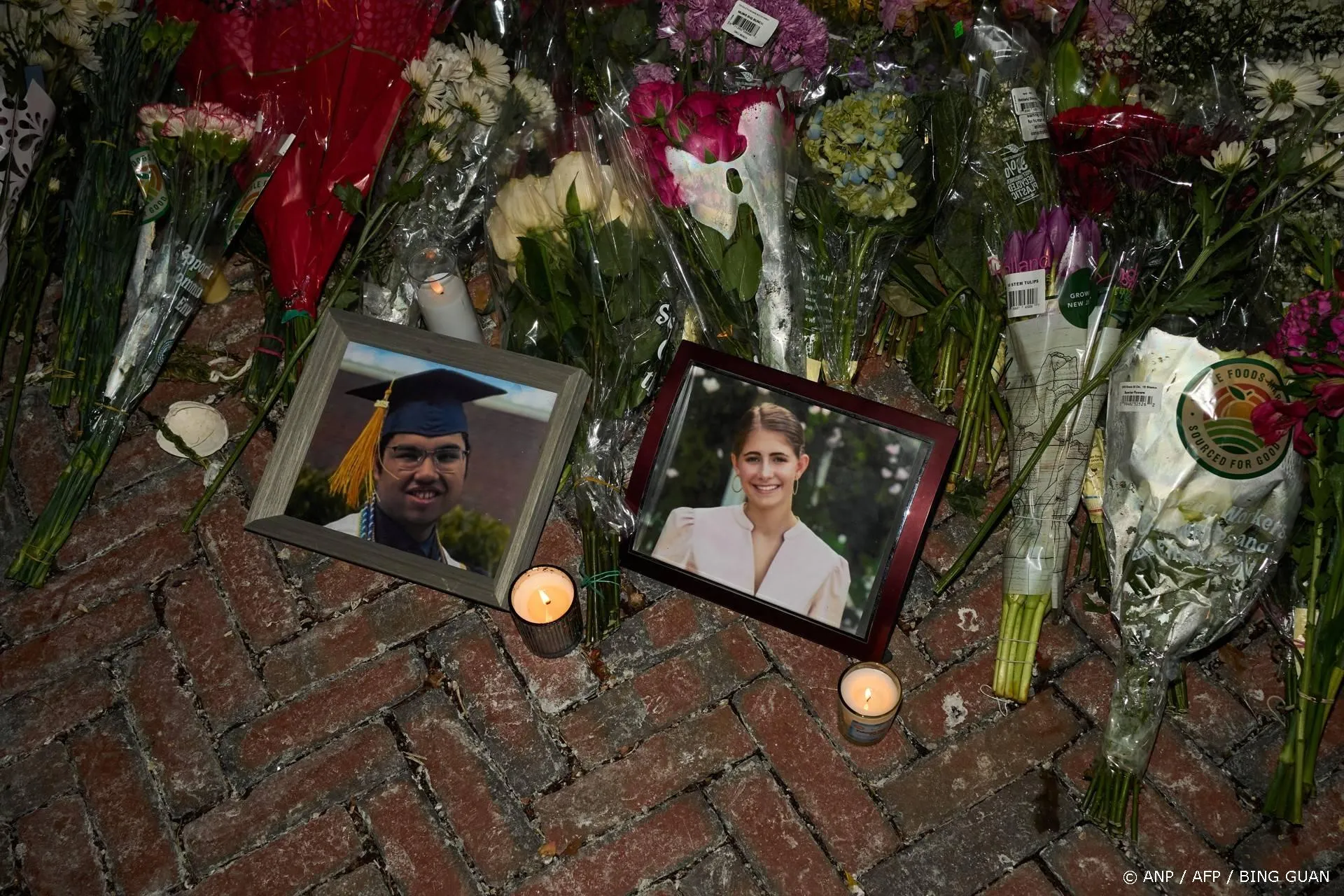Climategate II en witwasjournalistiek
Zoals ik al eerder heb opgemerkt, is er een opvallend contrast in de berichtgeving in de reguliere media over enkele incidentele gevallen van wetenschappelijke fraude (Stapel, Poldermans) in Nederland enerzijds en het internationale Climategate II-schandaal anderzijds. In vele pagina's en beschouwingen worden de zonden van de eersten breed uitgemeten. Aan Climategate II worden echter slechts kleine berichtjes gewijd. Dat is opmerkelijk. Immers de omvang, stelselmatigheid, collusie en ernst, alsmede de economisch en maatschappelijke schade van het Climategate-schandaal zijn oneindig, maar dan ook oneindig veel groter dan die van de misstappen van genoemde individuele wetenschappers, die nauwelijks of geen maatschappelijke gevolgen hebben.
Over Wikileaks hadden vele media goede woorden over en er werd driftig over gerapporteerd. Maar over Climategateleaks wordt weinig tot niets geschreven. Hoe zou dat toch komen?
Joanne Nova schrijft het toe aan witwasjournalistiek. Op haar blog heeft zij tien argumenten gegeven die de witwassers gebruiken om Climategate II maar zo veel mogelijk te bagatelliseren.
Joanne Nova:
The PR writers for Big-Government were quick to come up with excuses for ClimateGate II. Which is all very well, but its blindingly obvious where their own personal prejudices lie if they wont print the emails that they are supposedly discussing. Its not so much cherry-picking, but cherry-denial. ...
The top 10 excuses for PR writers who pose as journalists to ignore ClimateGate emails. This is standard issue damage control for ClimateGate protect the cheats and liars, attack the whistleblower, and use excuses and padding-fillers to cover a story without actually giving the public any information on the behavior of scientists who make statements that billions of dollars of public spending is guided by.
1. The emails are old (No one has seen them before, and what makes two-year-old lies acceptable now?).
2. The timing is suspicious (Alarmists release alarming stuff all the time in the lead up to big meetings, but look out, its suspicious when a skeptic releases alarming stuff about those scientists at the same time!)
3. Theyre out of context (We wont explain the context, or quote the email, trust us, they just are, OK?)
4. The emails show a robust scientific debate (But that is the whole point isnt it? We were told the science was settled? It is dishonest to discuss uncertainties in private while you tell the public the debate is over and call anyone who questions that a denier.)
5.Theyve been investigated (Even though the investigations didnt have these emails, didnt investigate the science, and were at least in one case, chaired by a windfarm expert, this point is supposed to have credibility?)
6.Theyre hacked or stolen (After years of investigation there is no evidence they were hacked. They could have been leaked. Police cant or wont say. Does this journalist know something the police dont?)
7. Arent the skeptics nasty people? (Crikey, imagine reading emails written by paid public servants on the job about their professional work? What victims! Those poor scientists cant even threaten journal editors, conspire to ignore peer reviewed papers they dont like, or discuss their ignorance in private whats the world coming too?)
8. This doesnt change the science (Since most of the science is merely a consensus of these same experts, whom we are told to respect, then actually it does change the science when they are caught cheating.)
9. The emails mean nothing according the scientists caught cheating (The sock puppet earns bonus points if those same scientists also get to slur the whistleblower and skeptics with unsubstantiated implications that they are funded by fossil fuels.)
10. The public response is a yawn (And given how few journalists are reporting the actual emails to the public, thats entirely predictable eh? Circular reasoning strikes again.)
Lees verder hier
Ga verder met lezen
Dit vind je misschien ook leuk
Laat mensen jouw mening weten
Lees ook
Loading


